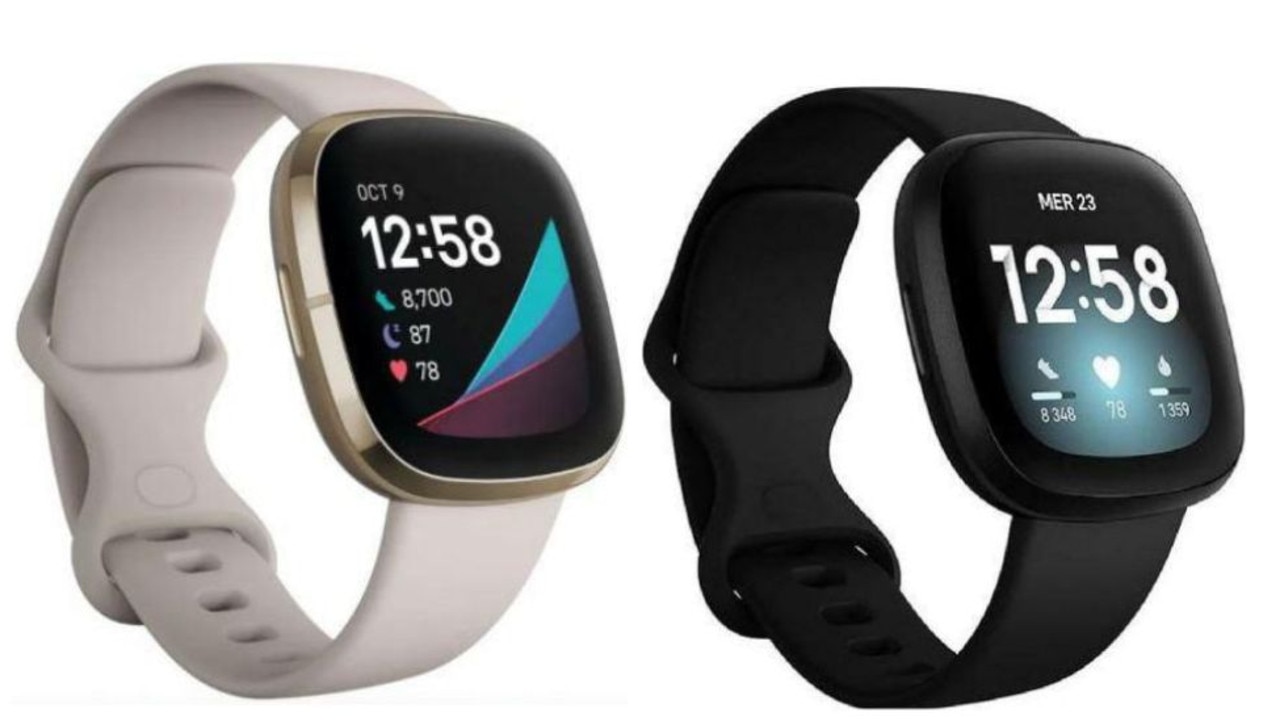Google says you should talk to your tech as Google Now takes on Apple’s Siri and Microsoft’s Cortana
IT might look strange, but Google, Apple and Microsoft want you to chat to your smartwatch and hold conversations with your smartphone.
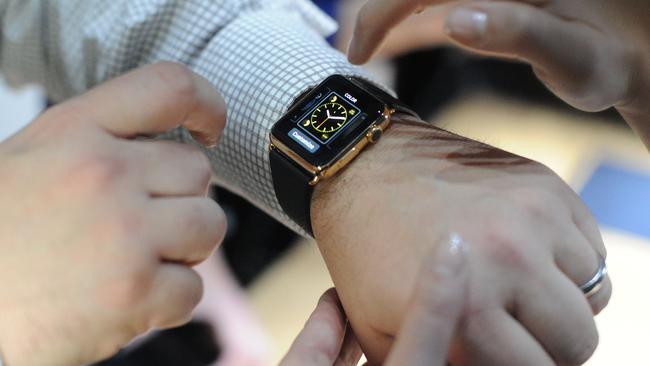
THE woman behind the phrase ‘OK Google’ wants you to talk to your gadgets more often.
Google engineer Carolina Parada recommends you command your smartphone to send a message, ask your smartwatch about the weather, or query the web using only your voice, and check whether the results are more accurate than before.
GOOGLE FINDS VOICE: Internet giant launches voice-friendly smartwatches
SIRI FRUSTRATION: Italian woman frustrated with Apple’s personal assistant
But convincing phone and even tablet owners to chat to their machines is becoming an easier task, thanks to better accuracy, more opportunities for speech recognition, and greater competition from technology heavyweights Google, Apple and Microsoft.
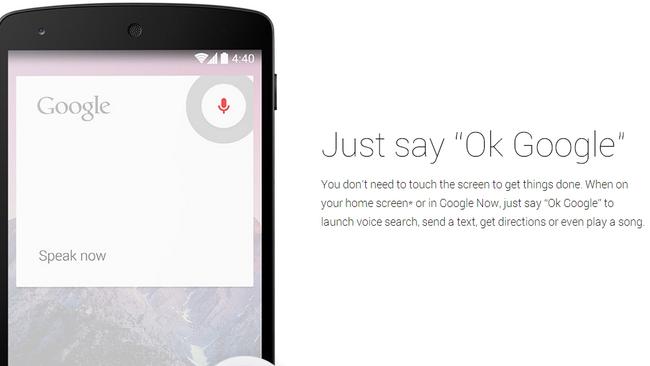
Plus, a powerful new driver is emerging in wearable technology, telecommunications experts say, that will convince many to try speech commands for the first time.
Parada, a Google staff research scientist manager, admits early versions of Google’s speech recognition technology may have turned away some potential users.
“Our accuracy in speech recognition has come a long way,” she says. “It used to perform at a 25 per cent error rate.
“In the last few years we’ve got it down to an 8 per cent error rate so it’s 92 per cent accurate. We’ve been focused on improving it.”
That focus included testing the technology with users who have different accents, with more female voices, and even with Parada’s two children, who she says use speech recognition without a thought for who is around them.
“Kids for them it’s so natural to use it. I don’t know when they grow up if they become more selfconscious,” she says. “It’s the same as using a Bluetooth headset — it used to be so strange and now it’s accepted.”
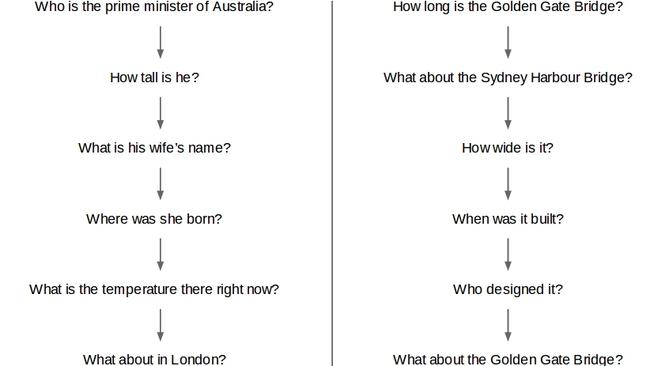
Google, Parada says, is now focusing on making its speech recognition more contextually aware, allowing users to conduct more conversational searches in the Google Now app.
That involves adding more famous names to its database, she says, and training the system to understand contextual speech.
“You could say ‘Who is the prime minister?’ and follow that up with ‘Who is his wife?’ and ‘Where is she from?,” Parada says. “You need to feel that it recognises you. As people use it, they’ll rely more on it.”
But she admits Google “hasn’t reached as many people as we could” with spoken internet searches because of its slow start.
That could be turning around, however, as consumers adopt wearable technology.
Most smartwatches, including Google Android Wear devices and the Apple Watch, include speech recognition technology, allowing users to send messages, search the web, or open apps without tapping at tiny screens.
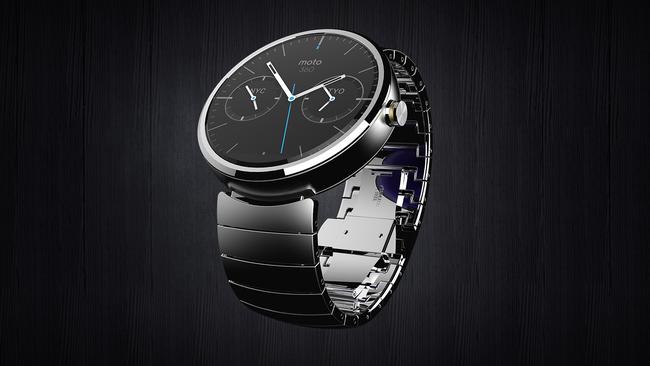
Telsyte managing director Foad Fadaghi says the emerging trend will put pressure on manufacturers to develop more accurate, understanding voice recognition technology.
“Voice activation becomes critical in the age of wearable and smart devices,” Fadaghi says. “Inputting strings of text or even numbers into a smartwatch screen is impractical and therefore it’s very likely voice recognition will need to be enhanced to handle that across any platform.”
Jackdaw Research chief analyst Jan Dawson says he’s already seeing evidence of improvement inside Apple’s smartwatch, where users can trigger its personal digital assistant Siri by pressing its digital crown.
“Siri on the Apple Watch is really good and arguably even better than the current version of Siri on the iPhone,” he says. “It seems more accurate much of the time and it’s a really important feature on a device where you can’t type.”
Siri enhancements, and its colourful new Watch look, are tipped to debut in Apple’s iOS 9 software when it is revealed at the Worldwide Developers Conference in June.
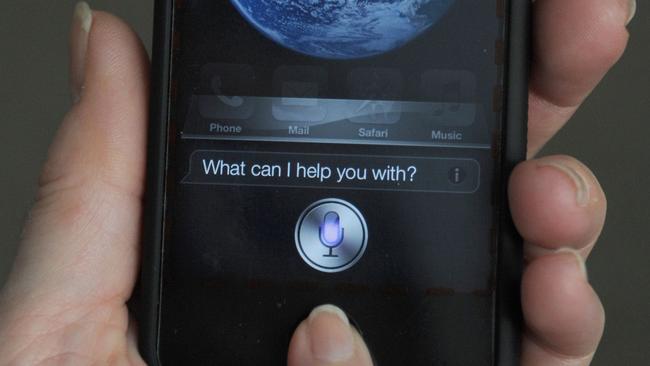
But both Apple and Google will get fresh competition from Microsoft in Australia’s winter when its launches the Cortana voice assistant on tablets and PCs.
Named after a character in its game series Halo, Cortana is part of Windows 10 and is designed to be more than just a search tool, also delivering calendar reminders, recommendations and message dictation.
Reports claim Microsoft will also launch Cortana in a stand-alone app for Apple and Google smartphones, further opening opportunities for people to talk to their devices.



